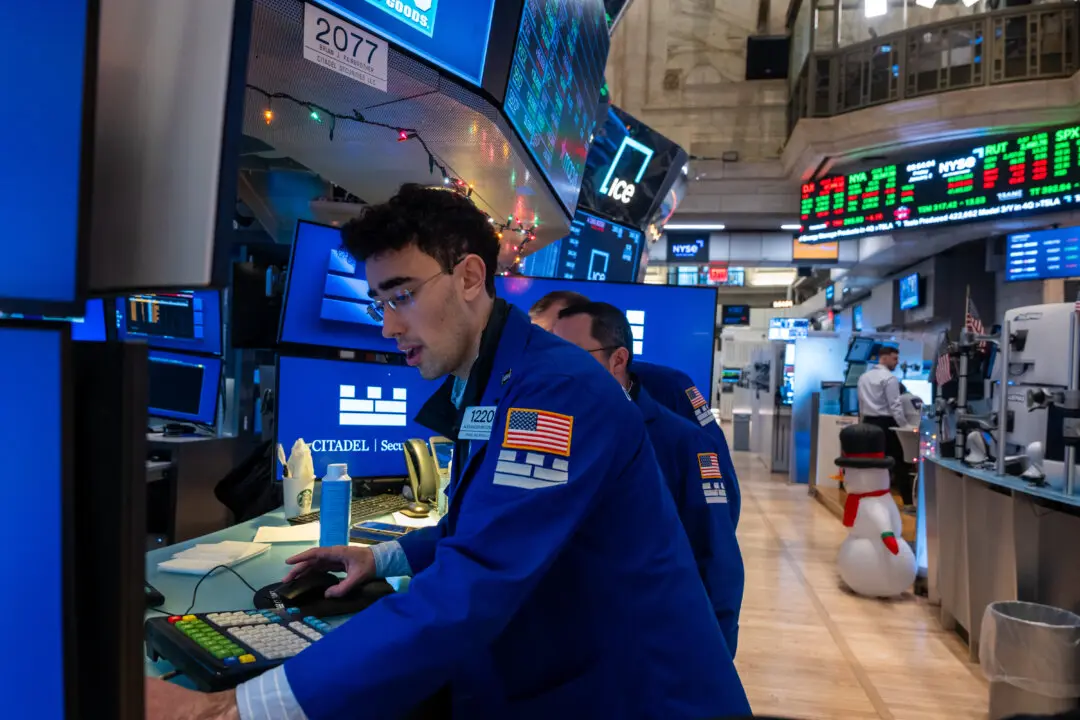There have been many legitimate concerns raised about the potential tyranny and abuses that could result from the U.S. government’s issuance of central bank digital currencies (CBDCs). CBDCs have been rightly criticized as providing governments with a nearly perfect means of total surveillance power and, thus, control, over its citizens. Any transaction made using a CBDC would be fully visible to the government. CBDCs would enable a tyrannical system of behavioral control by providing social or financial rewards and punishments for actions, attitudes, or affiliations deemed supportive or hostile to the regime. And, of course, CBDCs would make the process of shutting off access to the financial and economic system—and thus life itself—as easy as a few keystrokes by the issuing authorities.

An abstract of central bank digital currency (CBDC). Comdas/Shutterstock
Commentary
Michael Wilkerson is a strategic adviser, investor, and author. He’s the founder of Stormwall Advisors and Stormwall.com. His latest book is “Why America Matters: The Case for a New Exceptionalism” (2022).
Author’s Selected Articles




